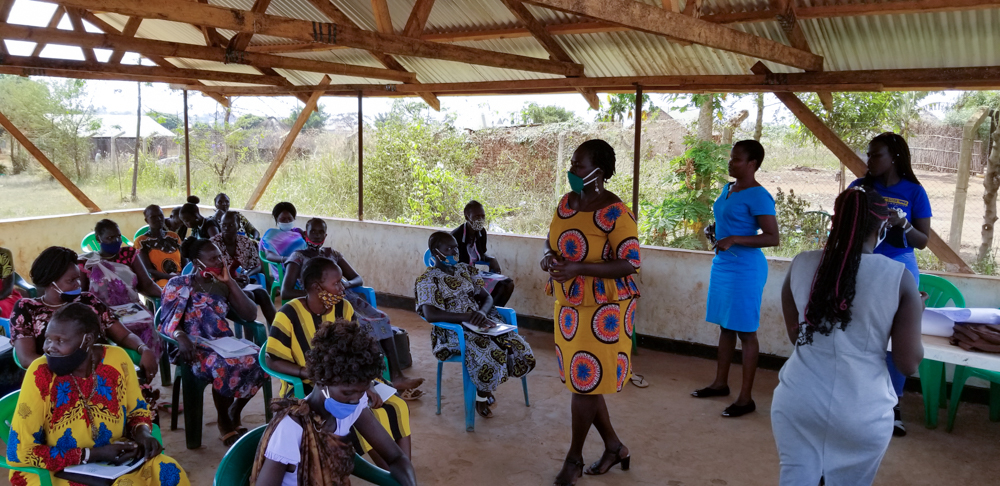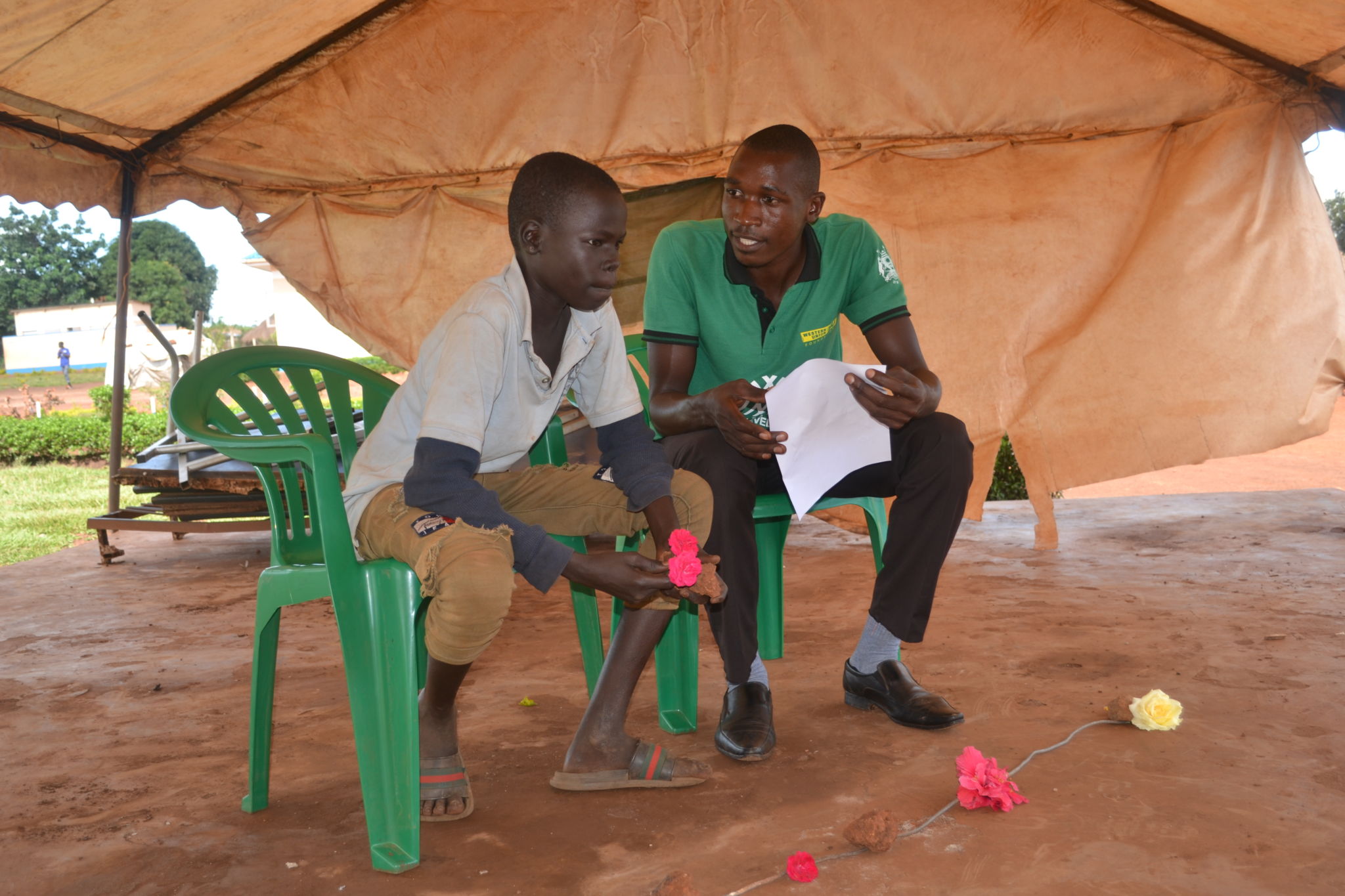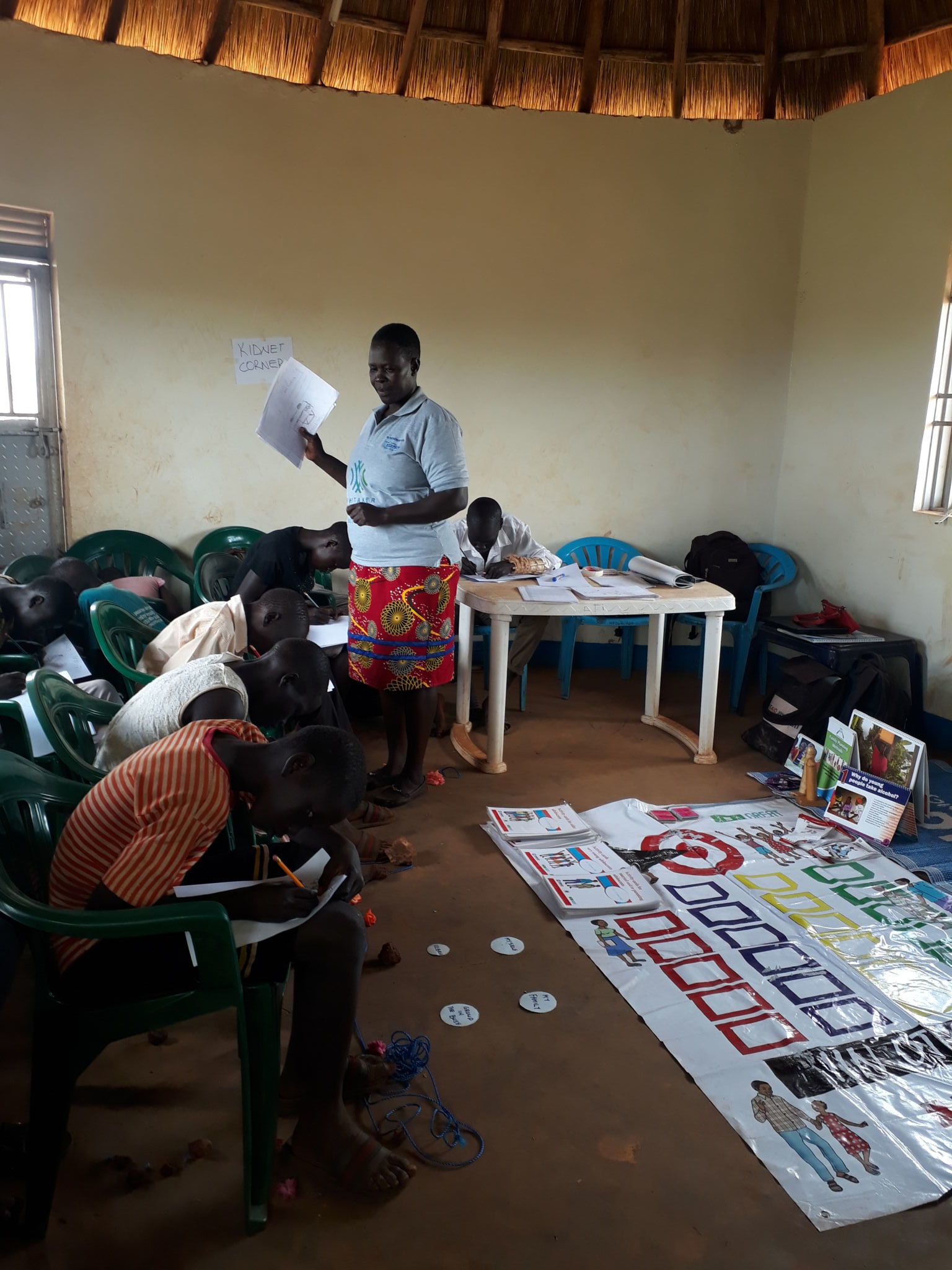
Working in places long affected by conflict, WPDI is a firsthand witness to the traumas suffered by so many of the children, youths, and community members who participate in our programs. Yet, peace among people and communities is only possible when people and communities are at peace with themselves. Accordingly, the road to peace often has to begin with steps towards inner peace and personal resilience. To this effect, WPDI created programs focused on psycho-social support and trauma healing. Our ambition is to provide young people and other community members tools that are adapted to their ages and conditions so they can regain their resilience capacity, achieve inner peace and, in turn, contribute to making peace happen among people and communities.

There are two main objectives of this program. The first is to raise awareness on the importance of mental health and advocate against stigma surrounding mental health issues, and the second is to provide counseling sessions to, or signpost to the appropriate care, individuals in need of support. The following are some of the activities or services that are provided:
- Trauma healing awareness sessions in schools and in the community to fight against stigma, raise awareness, and introduce the different mental issues that might affect people within the community.
- Screenings for Post-Traumatic Stress Disorders (PTSD) and other mental health disorders to help identify those with different issues and assess them to give an entry point or guidance into their counseling therapy (this is done using the WPDI structured Post Traumatic Stress Diagnostic Scale or PDS scale).
- Provision of Narrative Exposure Therapy (NET) for those with PTSD (this includes cognitive behavioral therapy, psycho education, testimonies and life line narration). NET is a short-term, culturally sensitive treatment approach. It focuses on both therapy and the clients’ rights. A survivor undergoes a maximum of eight counseling sessions.
- Follow-ups and home visits are a continuous activity for every survivor during their therapy sessions and after recovery to constantly track their wellbeing and provide guidance on the next actions to be taken as well as avoiding relapse of the trauma


